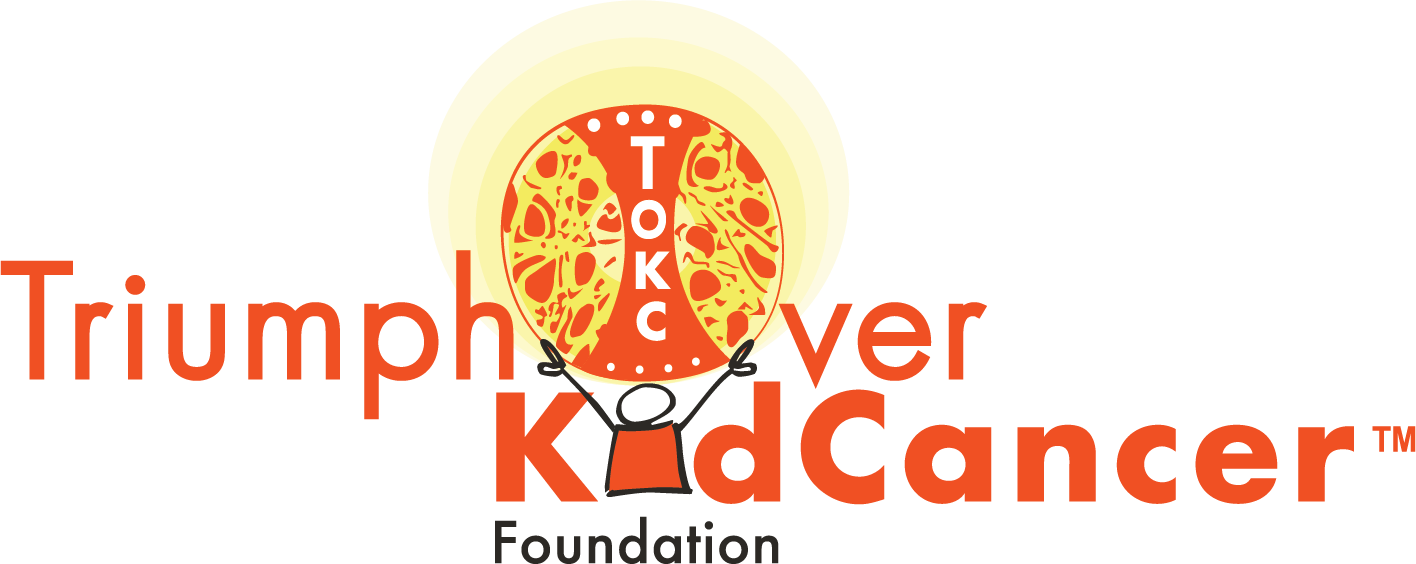TOKC Co-Founder and Pediatric Cancer Activist Passes
Passing of TOKC Founder
 CORPUS CHRISTI — James A. Ragan, who threw anti-cancer fundraising toga parties even as the malignancy ravaged his body, and who took research purse string holders to task for marginalizing unprofitable pediatric cancers, died late Monday night. He was 20.
CORPUS CHRISTI — James A. Ragan, who threw anti-cancer fundraising toga parties even as the malignancy ravaged his body, and who took research purse string holders to task for marginalizing unprofitable pediatric cancers, died late Monday night. He was 20.
He died having lived seven years with a cancer that kills most people by the fifth year after diagnosis. As of 2013, his foundation had garnered more than $1 million to figure out how to stop it.
The MD Anderson Cancer Center in Houston gave him an unprecedented honor in 2012, naming him its special ambassador.
That year, Ragan sent ripples through Texas medical research circles when he publicly told a state board that funds cancer research that it was putting too much emphasis on the moneymaking potential of drugs when it decided which grants to fund.
The Cancer Prevention and Research Institute of Texas controls the nation’s second-largest pot of cancer funding behind only the federal National Institutes of Health.
Ragan’s comments came before the full scope of ethics problems at the institute was known. Reports and audits in 2012 and 2013 revealed that three awards totaling more than $56 million did not follow proper procedures, disclosures that led to the resignations of the agency’s three top officials and a moratorium on grants that lasted 10 months.
The agency’s former chief commercialization officer, Jerald “Jerry” Cobbs, was indicted in 2012 in Travis County on a charge of securing the execution of a document by deception related to an $11 million grant awarded in 2010.
The agency has since adopted new ethics rules as it attempts to restore credibility. Embarrassment for CPRIT mounted as a wave of top scientists from around the country severed ties with the agency.
Ragan was diagnosed at 13 with osteosarcoma, one of only about 400 cases of pediatric bone cancer nationwide each year. Doctors reconstructed part of his leg and knee with metal and he relearned walking. They removed parts of his lungs and repeatedly assaulted his body with chemotherapy. The five-year survival rate for the cancer is 20 percent.
He threw a toga party for his 14th birthday, asked guests to donate $50 and gave the money to research. The idea, born of his affinity for the epic college frat comedy “Animal House,” ballooned into a full-fledged foundation, Triumph Over Kid Cancer.
In an interview in May 2013, shortly after Ragan had what he called a “bad scan,” showing that his cancer wasn’t responding well, he said that his ordeal had taught him the truth at the center of the cliché: live life to the fullest. He said he learned that it didn’t mean going out to live new adventures, becoming an ascetic, or doing anything out of the ordinary. Instead, it meant doing the ordinary better than he had ever done: Devoting complete attention to people during conversations, fundraising, studying, playing golf.
“And if you’re going to party,” he grinned, “party to the fullest.”
During periods in the hospital, he went on what he called “radio silence,” turning his phone off, disconnecting from the world. Those experiences motivated his push for more research.
“When you’re at MD Anderson or any cancer hospital … you look to the left or the right of you and you see a lot of people who are a lot worse off,” he said. “You really do. I’ve had that exact same feeling since the beginning. Yeah, my story is sad — doesn’t seem to be getting any better — but at the same time I’m incredibly fortunate. I beat the five-year survival rate … When you think about that, it’s kind of a privilege to me to get to do the work that I’ve done, to have been blessed to have made a small impact, and to continue working toward it to represent a lot of friends and family and people who haven’t made it as far as I did.”
The economics of cancer research repulsed him. He understood that he and other young people would die, in some sense having been left on their own, because pediatric bone cancer is so rare it gives corporations little incentive to pursue treatments and cures. But he drew on intense support from his father, an attorney, his mother, a nurse who quit work to take care of him, and his sister, who skipped college graduation ceremonies to attend one of his toga parties.
“It takes a lot more energy to sit around and get mad about it than to go out and do something,” he said.
When Ragan appeared before the Texas cancer-fighting agency’s board, he was blunt. He told members that when they make funding choices, they should remember his face.
